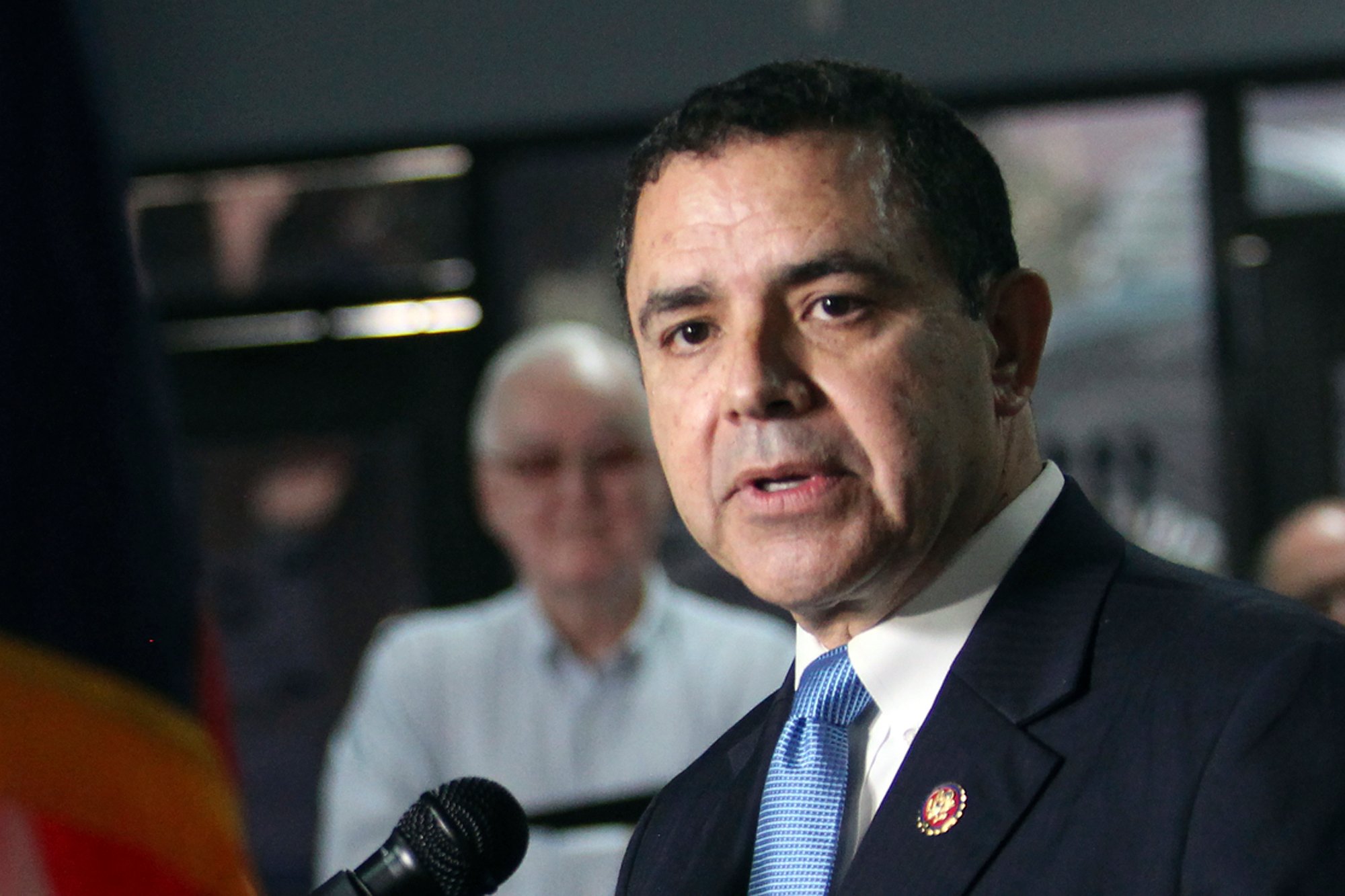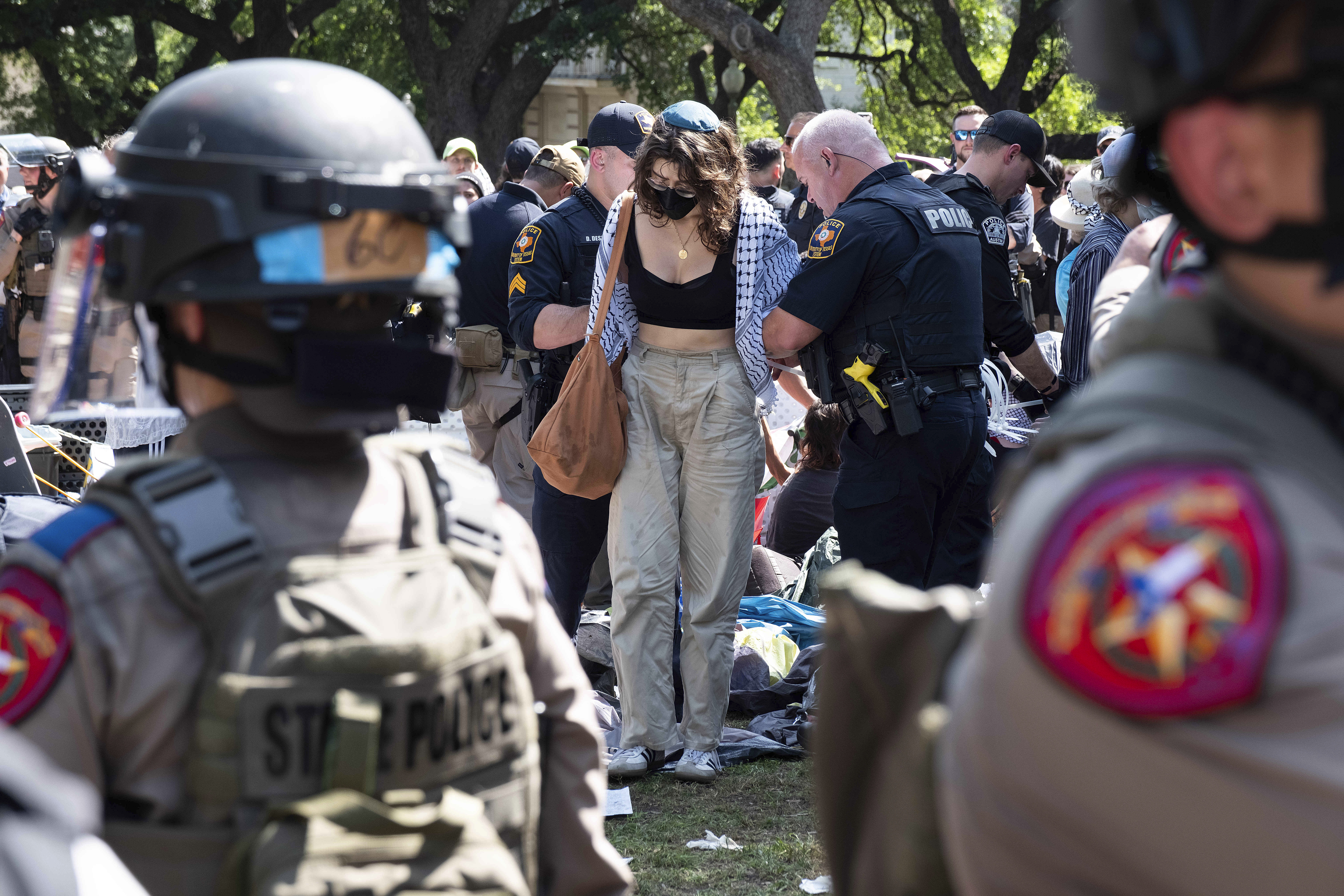ustxtxb_obs_1977_01_28_50_00030-00000_000.pdf
Page 13
Houston If Ed Sadlowski, the insurgent candidate for president of the United Steelworkers of America, doesn’t carry the union’s Texas-Oklahoma-Arkansas District 37, “it won’t be because we didn’t try,” says Dave Riehle. But Riehle, an organizer for Sadlowski in the important Houston industrial area, says he’s optimistic that the 38-year-old Chicago steelworker will carry not only the district’s 147 locals but also the majority of the union’s 5,360 U.S. and Canadian locals in the Feb. 8 election. Sadlowski’s opponent is 60-year-old Lloyd McBride, a St. Louis union official who has the blessing of retiring steelworkers president I. W. Abel. The race for the leadership of the 1.4 million-member unionthe largest affiliate in the AFL-CIO–has run hot and bitter since last fall when Sadlowski announced that he would oppose the union leadership’s handpicked candidate. Two more different candidates could not be found. Sadlowski decries McBride as the representative of “country club unionism, where union executives feel more at home playing golf with corporate executives than they do talking to and working for workers.” In turn, McBride charges Sadlowski with radicalismimplying that, if Sadlowski is not a communist, then he certainly is in league with the far left. Sadlowski, who portrays himself as a candidate for change, is supported by Ralph Nader, John Kenneth Galbraith, General Motors heir Stewart Mott. McBride, indelibly linked with Abel and the present union management, is backed by almost all labor executives, including the AFL-CIO’s George Meany. The big issue in the election is the Experimental Negotiating Agreement, a concordat between the union and industry that circumvents strikes when union 30 The Texas Observer contracts expire. When a contract settlement cannot be reached, outstanding disputes are submitted to compulsory arbitration. McBride says that while he thinks ENA has generally worked well from the union’s point of view, he’ll reserve final judgment on it until he sees what ENA’s prospects are come bargaining time later this year. Sadlowski, on the other hand, says the very concept of ENA is directly opposed to the purposes of trade unionism and adds if he had his way, ENA would never have seen even trial use. McBride says ENA insures job security which was formerly lost during strikes. Sadlowski charges that ENA would co-opt the union by blunting its only weaponthe strike. There are two other significant issues. Sadlowski says union members should be allowed to vote on industrial contracts, while McBride claims that membership ratification would jeopardize the leadership’s ability to negotiate jointly with the ten largest steel companies. Companies might be encouraged to break away from the common talks, he says, if they thought there was a chance the membership would be permitted to ratify contracts local by local. Sadlowski also favors submitting major issues including dues raisesto members, but McBride says that’s “impractical.” The race has developed into a fullscale conflict, pitting the young, minority, and liberal rank-and-filers against the old guard. Almost nowhere has the conflict been as openand as violentas in Houston, one of the most densely developed industrial areas in the nation. “We’ll consider ourselves successful if we just survive,” Riehle jokes. But campaign violence doesn’t set Sadlowski’s Houston supporters to laughing since several have been roughed up while passing out election leaflets at plant gates. And last summer, one outof-town volunteer was shot through the neck by a rifle fired from a passing car as he campaigned outside the Hughes Tool Company \(Obs., The violence has subsided, but Riehle says physical conflict was never the principal worry of Sadlowski organizers. “To campaign for Sadlowski meant you had to stand up and be counted against the current union leadership. That’s difficult when you have the entire local union staff lined up against you and you have to cope with the possibility of being ostracized.” Fabian Greenwell, president of USW local 16000 in Pasadena, can testify to that. Since his 600-member local voted overwhelmingly for Sadlowski during the Nov. 8-Dec. 7 nominating elections, his relations with district officers have been “very cold,” Greenwell says. “Since the nominations, I haven’t seen the district director onceeven though I used to see him about once a week.” Riehle and Greenwell say they can’t estimate the number of Sadlowski’s local supporters because many of them “just couldn’t stand up to pressure from union leaders.” That’s how they explain the districtwide results of the nomination election. Official tabulations show that more than 2,000 Houston-area union members voted to nominate McBridewhile only about 400 backed Sadlowski. But the margin for McBride isn’t as important as it might seem, says Riehle. District union leaders went all out in the weeks before the nomination votes, he says. Their campaign included mass mail-outs and a telephone canvass, while Sadlowski’s people were limited to leafletting and personal contacts. “We really had them running for awhile,” he recalls. Then, many pro-Sadlowski members found they couldn’t even nominate their candidate, since union leaders quietly changed the rules last September so nominations had to be made 48 hours in advance of balloting. Nominations from the floor were no longer allowed. Pressure was also a factor, Riehle says since nominating votes are cast during meetings of union locals and voting members must stand to cast votes. Sadlowski supporters who were afraid to stand up to the district’s leaders then will turn on their leaders when they cast secret ballots Feb. 8, Riehle figures. Sadlowski organizers plan a big push right before the election to reach Houston’s 12,000 USW members. “I honestly think we can pull it off,” says Riehle. “We’ve already been extremely successfula lot more so than we’ve been given credit for, especially since we really started with nothing.” Houston Post labor reporter Monica Reeves says Houston’s Sadlowski backers “are very sharp and very dedicated.” If dedication counts at all, Riehle says, then Sadlowski’s supporters already have the election in the bag. USW District 37 director Edgar Ball sees things a bit differently. Ball says the Challenging the old guard The Sadlow ski campaign in Texas By Wade Roberts STEELWORKERS FIGHT BACK


